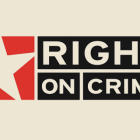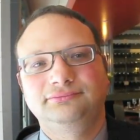
Juvenile Justice Bridges Right, Left
|
A conservative think tank in Texas and the ACLU may seem to have little in common. But they and other conservative, liberal and nonpartisan groups are working — successfully — on juvenile justice law changes that are putting minors firmly in juvenile court, out of incarceration with adults and in community-based rehabilitation. “There’s a great opportunity for collaboration across the aisle on this issue,” said Marc Levin, senior policy advisor at Right on Crime. The Right on Crime initiative started in 2010 inside Austin’s Texas Public Policy Foundation (TPPF), a conservative think tank. Right on Crime evaluates adult and juvenile corrections reforms through a lens of effectiveness and cost savings and promotes its findings in other states. For the last few years, as state revenues shrink and budgets must be slashed, the Texans’ money-saving ideas are catching more ears.




